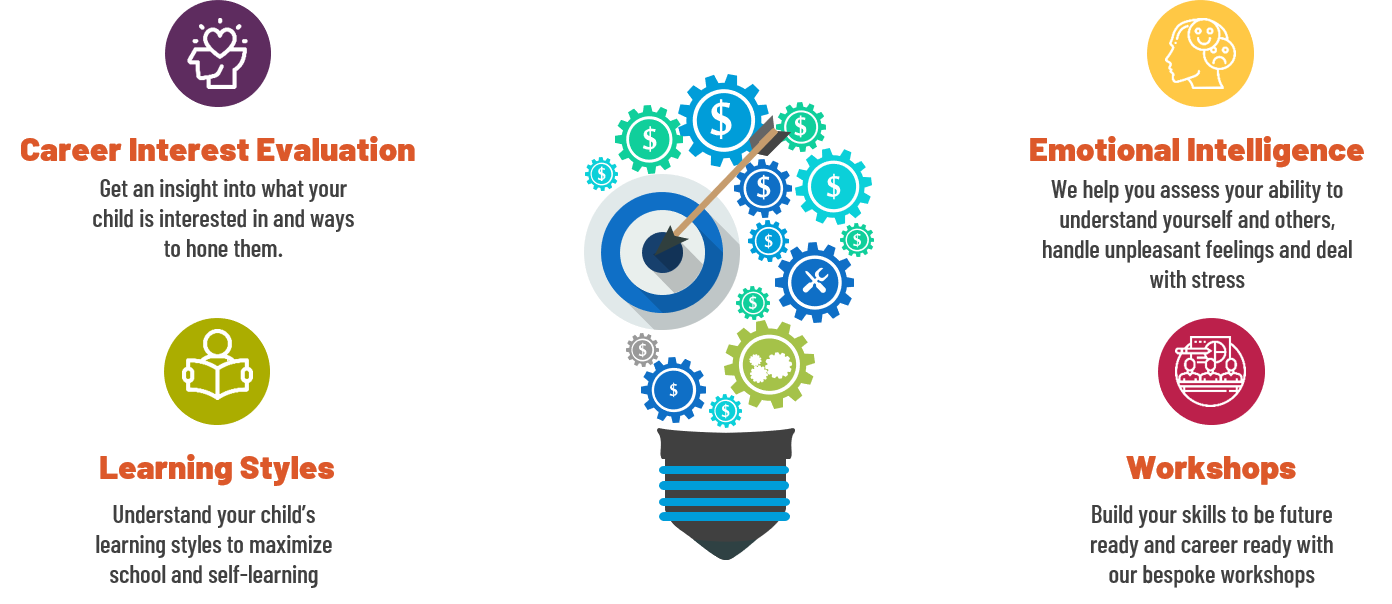
Floating in between age 11 to 13 years, our children are dazzling in sensible innocence, happy in their little routine of school, friends and hobbies. Just before they start their steady climb towards adolescence, we adults must equip them with life skills which will help them handle the tumultuous road of academic and social expectations ahead.
Let us start with helping them consolidate their hobbies and interests. It is important to also consider whether any of the many hobbies they enjoy can be transformed into a career. Let us guide them in identifying and narrowing them down to where their real passion lies. With new subjects and a vast curriculum sometimes, children have a hard time prioritizing and sequencing the steps needed to complete work. Many children need guidance on how to develop executive functioning skills, such as getting organized with materials, setting aside time to study or to complete projects, prioritizing work, and breaking down long-term projects into smaller segments.
At this phase, the kids seek assistance, stability and guidance to form some habits that is likely to last a lifelong which in turn forms the base for a strong career foundation.
Are these some of the questions you and your child struggle to answer? With our experience in seeing the bigger picture and carving the future path for young adults, we can help the middle schooler ask themselves the right questions and seek answers.
Every student learns differently. Some find the reading and writing routine perfectly interesting, while some learn and recollect more effectively through experiences, activities and visuals. There are four main learning styles- visual, auditory, reading/writing and kinesthetic. Understanding which category or a combination of categories your child falls into goes a long way in enhancing their performance. What’s more, it can make learning fun.
Understand your child’s learning styles to maximize school and self-learning. Enhance their learning capabilities by getting trained on using multi learning styles, choosing effective study methods that complement their strengths rather than work against them.
Emotional Intelligence refers to the ability to identify and manage one’s own emotions, as well as the emotions of others. Just like in adults, children also need emotional intelligence in their lives to respond to external situations in a balanced way and also to manage their own emotions.
Do kids need emotional intelligence?
Having emotional intelligence gives them the ability to understand themselves and others, communicate and handle unpleasant feelings. A high EQ (Emotional Quotient) can help them deal with poor marks, peer pressure and academic demands at the early stage.
Later in life, this could mean having the ability to handle success, failure, work pressure, and professional and personal relationship with depth and composure. Many researches indicate Emotional Intelligence (EI) as a good predictor of career progression – an employee who is socially and personally aware of his surroundings will perform better. A person with high EI displays ownership, accountability, ethics, integrity, teamwork, communication, conflict resolution and flexibility and adaptability at workplace.
Raising EI does not happen overnight; It starts in the early years. It can be imbibed with practice, support and some tools and techniques.
With our workshops and training programs in addressing academic, career and emotional needs, soft skills and life skills, we offer your child ways to tackle their lives, likes and ambitions. Build your skills to be future ready and career ready. Understand the opportunities available around you.